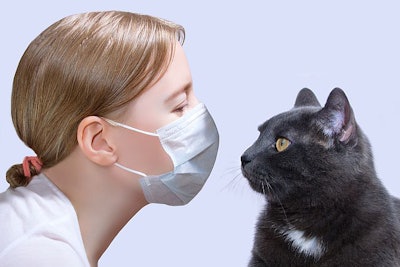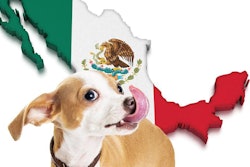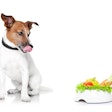
United States Department of Homeland Security officials defined some dog, cat and other food industry professionals as “Essential Critical Infrastructure Workers” during the COVID-19 pandemic. With that, the federal agency deemed pet food, ingredient and packaging facility workers as necessary for “ensuring continuity of functions critical to public health and safety, as well as economic and national security,” wrote Christopher Krebs, director of U.S. Homeland Security’s Cybersecurity and Infrastructure Security Agency, in a memorandum released March 19.
“All decisions should appropriately balance public safety while ensuring the continued delivery of critical infrastructure services and functions,” Krebs wrote.
The memorandum defined and enumerated infrastructure workers needed during the COVID-19 pandemic. The federal memo was not an order or directive. Instead, Homeland Security intended to advise and guide State, local, tribal and territorial governments in their own response strategies.
Pet food processing and other workers needed during pandemic
The Homeland Security memorandum listed various professions related to the pet food industry:
“Food manufacturer employees and their supplier employees—to include… pet and animal feed processing facilities; human food facilities producing by-products for animal food… and the production of food packaging.
“Farm workers to include those employed in animal food, feed, and ingredient production, packaging, and distribution; manufacturing, packaging, and distribution of veterinary drugs; truck delivery and transport…
“Animal agriculture workers to include those employed in veterinary health; manufacturing and distribution of animal medical materials, animal vaccines, animal drugs, feed ingredients, feed, and bedding, etc…”
2nd pet dog tests positive for COVID-19 coronavirus
A second dog tested positive for coronavirus SARS-CoV-2 in Hong Kong, reported the South China Morning Post. Doctor’s diagnosed the dog’s owner with COVID-19, the disease caused by the coronavirus. Health officials analyzed oral and nasal swabs from the dog, a 2-year-old German Shepherd, and another dog from the same home in Pok Fu Lam, a residential district of Hong Kong. The German Shepherd’s results confirmed the presence of the coronavirus, but the dog remained asymptomatic. The other dog’s tests came back clean. The dogs remain in quarantine. Hong Kong’ Agriculture, Fisheries and Conservation Department health officials told the South China Morning Post that they believed this to be another case of human-to-dog transmission.

















